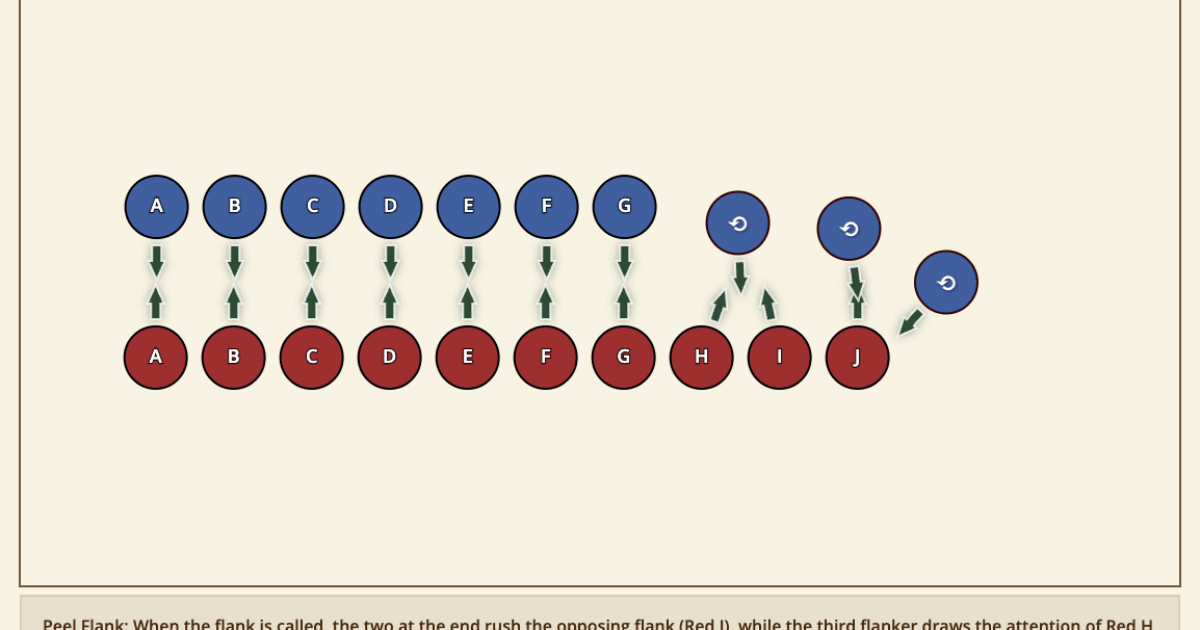The term “Study” comes from art and it’s used as a type of practice and preparation for grander work. An artist focuses on a particular aspect or style for a period of time so that they can become more familiar with the subject.
The beauty of a study comes because a study can have more impact on your personal development than the actual finished product. This is due to the fresh insights gained while exploring the subject. The excitement of discovery can give the experience vitality. Overtime, layers of the work show changes made as more was understood. If written notes are kept along the way, those notes can highlight the process of getting to know the subject.
When we are working on gaining a particular skill, especially in fencing, conducting a study is one of the most effective ways to progress and develop new skills while our spirits are uplifted through discovery, despite any challenges.
Approaching or Starting a Study
There are two ways that you can approach a study. The first is the objectives-based approach. The Order of the Rose Training Program is an objectives-based approach to learning fencing. Students proceed through a series of lessons, take a test and are recognized for completing their training by moving up in rank. Once done, they move onto the next thing and work towards the next rank. With the objectives-based approach, learning is something you obtain.
The second approach is the practice-based approach. I also like to call it the “monastic” approach because, in contrast to the objectives-based approach, learning is a way of life. After completing the Training Program and earning the rank of Swordsman, the study of fencing becomes a practice-based approach. Instead of entering a university temporarily, you are entering a monastery for life – you take vows to focus daily on your personal progression, and never stop. Your focus isn’t about getting somewhere, it’s about integrating learning as a way of life.
As fencers, we should recognize where we are in our learning process and what approach we should take. This will give us a framework and a mindset to fallback on if we lose our way.
Be Prepared
A Study is meant to be a mental/physical workout. When you push yourself past your comfort zone in a physical workout, your body adapts and becomes stronger. The same is true of a mental workout. When you push past your mental comfort zone, your mind will adapt and become smarter.
To make themselves stronger, athletes need resistance. They put weight onto a barbell, push off the ground with their feet, or pull through water with their arms. Their muscles, tendons and bones are overwhelmed, and they grow stronger to adapt. Your fencing skills and understanding work the same way. They need resistance to adapt and grow. In short, you will become a better fencer through that resistance.
Be prepared. The experience will be frustrating. You will feel awkward, clumsy and incapable. That’s okay. In fact, that is what you want to feel. That’s the feeling of your brain and body working hard to learn something new. Embrace that feeling and seek it out when you study.
Step 1: Create a “Library”
The first step to starting a study is to decide what you want and you can do this by creating a “library”. A library is just a list of things that you want for yourself or that you want to do. Whatever inspires you and you feel drawn towards.
Take some time to look carefully at what appeals to you and what you would like to incorporate into your own skill set. This is a great time to cherry-pick skills you dream about, see in other fencers or movies, and even things that haven’t been developed yet. There are no wrong answers and they can be anything you want. Mind maps are great tools to create a library you can come back to and develop over time.
Step 2: List your Skills
Once you have a library of things you want to achieve or develop, list out all the skills or resources you currently have at your disposal. These will be your tools to work through your study and they can be anything.
Don’t just write down the things you’ve already mastered. Write down the things you’re sort of familiar with or have heard of. List out people you could talk to, articles on the internet, or past experiences. Put down every thing you can think of. You never know what will be the key that will help you through a challenge or make a connection. From my experience, it usually isn’t the thing(s) we’re already really good at.
Step 3: Choose a Focus
Once you have your library and your box of tools, choose one skill you would like to study. This will be the focus of your practice. If you’re starting out, aim for foundational skills that will form a strong base to build upon. If you’re a little more experienced, try to build off your unique foundational skills, but also a little out of your comfort zone. Push the boundaries and force yourself to stretch just a little bit.
Make this the only focus of every study session or practice for the time being. Do not plan what comes next. You are not trying to get anywhere. You are not working towards a milestone. You want your focus to be on the work at hand. Not on some future point.
Of course, at some point you will want to move on to a new skill. At that point, you’ll get to start the study process all over again!
Step 4: Choose a Drill
In this context, a drill is just the method that you’re going to use to study your chosen focus. It should be something that can be repeated and implemented multiple times. This is where you’re going to see your focus in action and pay attention to what is happening. What you’re learning.
Don’t implement a method that will distract you from your study. Keep your focus tight and be persistent in your efforts. Despite challenges and frustrations, you have to stay strong and push through. Even if it takes several weeks. It is here, in the Drill phase, that you are going to discover new things and find the vitality of the study. Don’t give up or move on too quickly.
Step 5: Take Note
The point of a study is to understand the general pieces and principles that make fencing or any other skills. Take notes in your fencing journal during your study. Ask questions about why things are the way they are. Do whatever it takes to remember what your learn, or what’s the point?
You could read about these principles in a manual, or listen to them from another fencer, but when you come to understand them through your own effort and searching, your wisdom will be far deeper.
This is what makes a Study so powerful.
You are determining the course of your fencing journey. You are the one setting the curriculum and writing the rules. In a world that is ripe for discovery, you have the opportunity to develop your unique fencing voice, and learn something all your own that others can benefit from.
It takes work, but once you learn the process your study of fencing will never truly end or plateau.

